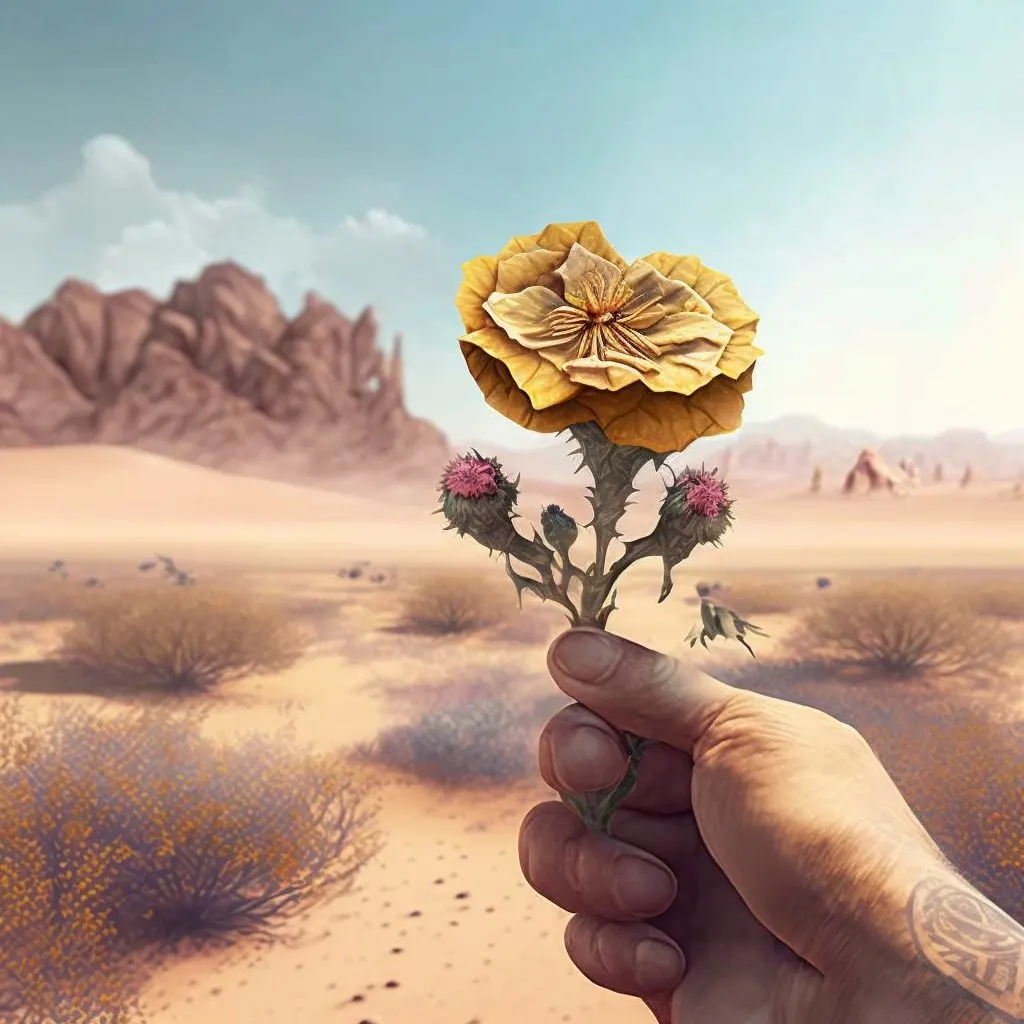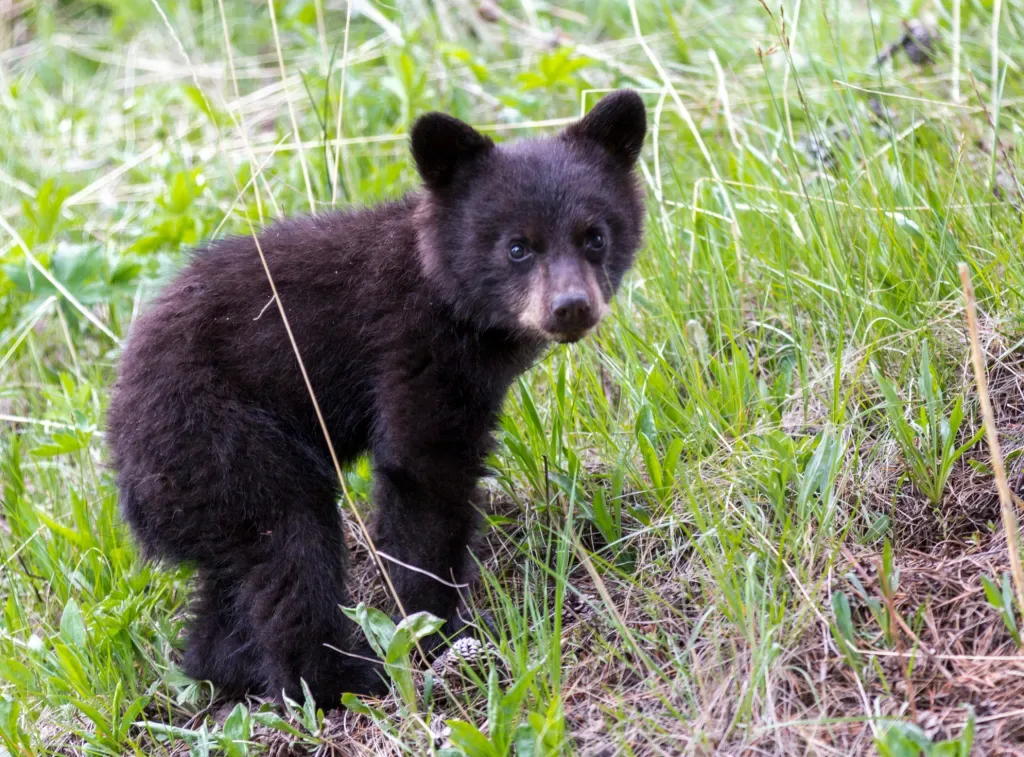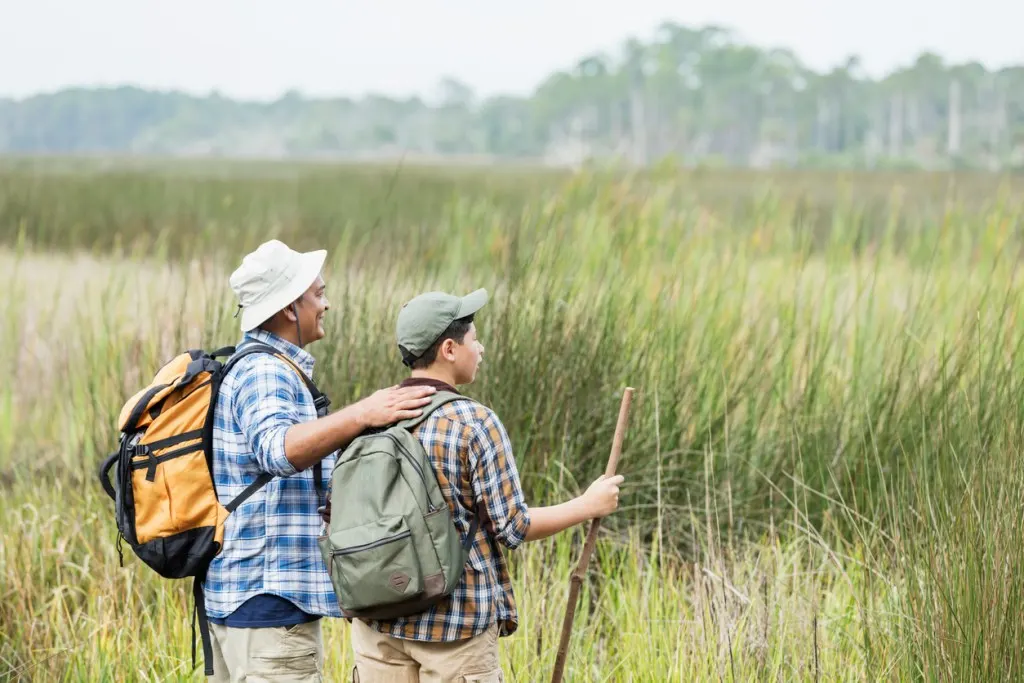National parks can be beautiful places to visit, but you’ll want to brush up on what may be illegal in each location.
Maybe you remember the easy rules like pack it in, pack it out. But can you take out something you didn’t bring in, like a flower?
Today we’ll brush up on the rules of America’s best parks.
Let’s explore!
The History of National Parks?
Yellowstone became the first-ever national park in 1872. Others sprouted up in the 1980s, including Yosemite. These spaces exist to help protect the natural beauty and wildlife that resides within them.
In 1916, President Woodrow Wilson created the National Park Service (NPS). This federal organization protected the nation’s 35 public sites. The Organic Act of 1916 specifies that the government should protect these sites to “leave them unimpaired for the enjoyment of future generations.” Today, the NPS preserves over 400 locations covering more than 84 million acres.

Who Investigates Illegal Activities in National Parks?
While most people visit to enjoy scenery and wildlife, a few may have nefarious intentions. For this reason, the NPS developed the Investigative Services Branch (ISB).
This highly trained team of criminal investigators looks into crimes committed in national parks. The ISB has foiled plots to grow drugs on federal land and thwarted poaching attempts. But they also investigate offenses of any nature, from embezzlement to violence, that occur within their borders.
Can You Pick Flowers at a National Park?
You might be the subject of an ISB investigation if you pick flowers during your stay. Gathering a few as souvenirs may seem okay, but removing them from their habitat can harm the ecosystem. If you remove a blossom, it won’t spread its seeds. This means that next year, fewer will grow. Some species may be endangered, and taking only a few specimens could be catastrophic to wildlife.
Next time you visit, remember the motto, “take only photos, leave only footprints.” Picking flowers in national parks is illegal. Enjoy a good look at the blooms, and leave them alone for other visitors to enjoy.

Other Illegal Activities to Avoid in National Parks
The NPS enforces several laws to protect wildlife. Receiving a citation for doing something illegal in a national park will surely ruin your vacation. Let’s go over the rules you should know for best practices during your next visit to federal land.
Flying a Drone
The NPS outlawed drones at all locations in 2014. These tiny, remotely operated aircraft can be a nuisance to the local animals. Pilots may also create their own trails to collect their gear after a crash, unknowingly crushing important plants beneath their feet.
In some situations, you can apply for signed permits for drone flights, but few come through. But for the most part, they’re illegal in national parks. Keep your drone grounded to avoid receiving an expensive citation.
Approaching Wildlife
Interacting with wildlife can be incredibly dangerous, not to mention illegal. By May of 2022, Yellowstone already had three separate instances of visitors being gored after approaching wild bison. Smaller creatures like chipmunks and squirrels can carry diseases and have painful bites. Keep in mind that disturbing or frightening animals also carries a risk of citation.
The NPS says, “let wildlife be wild and observe from a distance.” That means staying 25 yards away from most animals and 100 yards away from predators like bears and wolves.

Feeding Wildlife
Feeding animals can be dangerous for humans and harmful to the ecosystem. If you give them food, they become more habituated to people. If these creatures learn that we carry food, they can become aggressive toward us. The more used to us they become, the bolder they act.
The bottom line is don’t feed the wildlife. This causes problems for both animals and humans down the line. So, pick up after yourself to avoid giving away a free meal, even accidentally!
Bringing Pets
Most parks allow pets within their boundaries but have strict rules. If they allow dogs, the rangers require them to stay on a six-foot leash. Each location has different regulations about bringing animals, so check online before going.
Commonly, pets can only go where your car does. They can be along the road, at a campsite, or in a picnic area. They can’t go on hiking trails or into park buildings. You should also clean up any waste your fur babies leaves behind.
Creating Your Own Trail
Avoid stomping on delicate, possibly endangered, vegetation by staying on the trail. Stepping off the path can damage or kill plants and animals, thus damaging the local ecosystem. Creating your own route is illegal in national parks.
If you wander too far, you may also risk getting lost. NPS runs hundreds of expensive search and rescue missions each year. The Grand Canyon averages about 300 annually. But you can avoid becoming a statistic and destroying wildlife by staying on the trail.

Smoking on Trails
When you go for a hike, leave the cigarettes at home. The NPS has outlawed smoking on the trails. For one thing, it creates a fire hazard. Plus, butts have been the most common form of litter over the years. The ban can also protect other visitors and employees from second-hand exposure.
Every park has designated smoking areas. If you want a cigarette during your stay, check with a ranger and learn the rules for your location.
Should You Visit National Parks?
Some of America’s most beautiful places have been deemed national parks. The NPS has preserved them for over 100 years. They also honor vital stories in our country’s history.
If you haven’t visited any of their locations, you certainly should! But avoid doing anything illegal in national parks, like picking flowers or flying drones. That way, we can all do our part to preserve its beauty for the next generation.
Discover the Best Free Camping Across the USA
To be honest with you, we hate paying for camping. There are so many free campsites in America (with complete privacy).
You should give it a try!
As a matter of fact, these free campsites are yours. Every time you pay federal taxes, you’re contributing to these lands.
Become a FREE CAMPING INSIDER and join the 100,000 campers who love to score the best site!
We’ll send you the 50 Best Free Campsites in the USA (one per state). Access the list by submitting your email below: